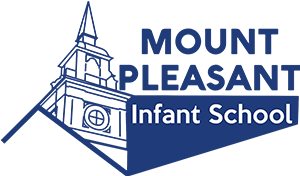At Mount Pleasant Schools we have worked carefully to create a curriculum that meets the needs of our learners. We deliver the entire National Curriculum and all other statutory curriculum subjects.
When looking at the Early Years Curriculum we focus on the 7 Areas of Learning, these are:
What does effective teaching & learning look like in YR:
- Play
- Exploring
- Singing
- Role play
- Children making choices
- Adults following children’s ideas
- Small group work
- Some class work
The partnership between parents and teachers is vital and here at Mount Pleasant Schools, it has been identified as a strength: Home and School recognise the value and importance of education.
Parents are their children’s first teachers, so equipped with information and understanding about what your children are learning ; what key skills they need; and key concepts they need to understand, together, we can work to ensure that they receive their curriculum entitlement and achieve their potential.
Each child is unique and we know that one size does not fit all. Below we have provided a handbook which is focussed on the National Curriculum expectations for each year group. We support all pupils in our school to progress and attain, from different starting points and, as appropriate, with additional support. These handbooks are a guide to enable and support and complements our ongoing conversations with you and your child about their learning.
See below how you can support your child’s learning:

